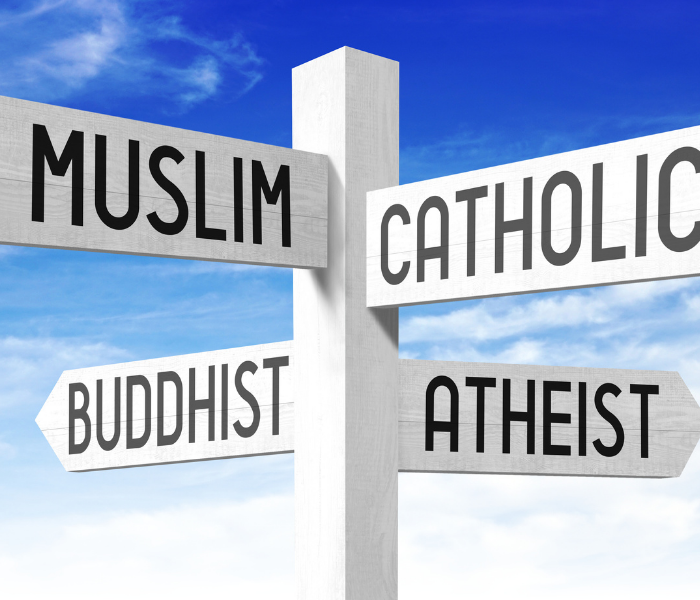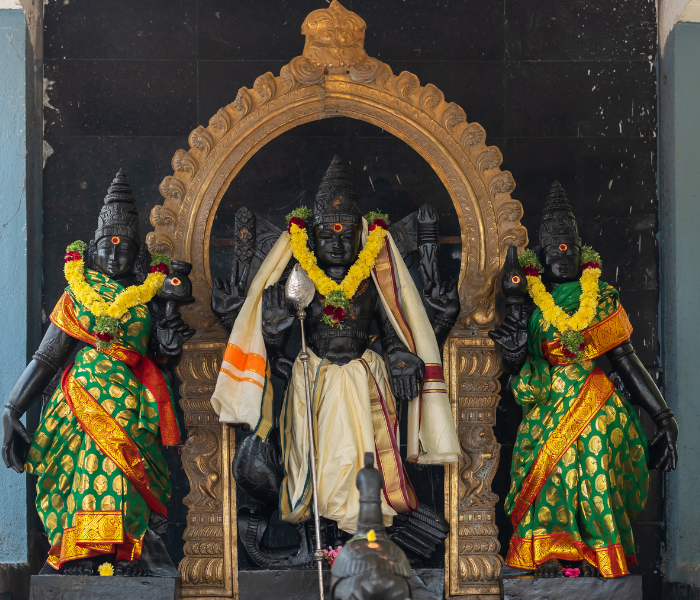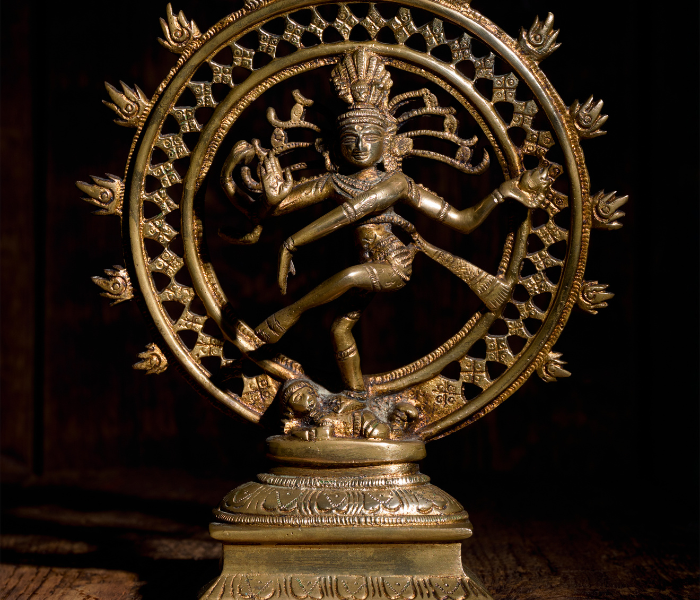Living Indhuism and Lifeless Hinduism
(excerpts from Gurudevar’s letter to a Madurai Disciple on 10th December 1991) You are living as a True Indhu and working hard like a great Warrior to establish Great Hindu religious kingdom in India. Your enthusiasm and energy should not get wasted ; For that, in the present condition, you need to clearly know a few facts about the Hindu religion. Hence, I am expanding on this further. His Holiness the 10th Pathinensiddhar Peedam lived between the First Century Before Christ and 150 CE. He had established clearly in His Written works as well as in the Practical spheres of life that the foreigners who came to this country formed the Hindu religion on the basis of North Aryans’ Veda Religion namely Sanathana Dharma. And this Hindu Religion faded out the True Indhu Religion given by the Pathinensiddhars. These foreigners to Indian sub-continent are today known as Brahmins. They came into India only in the Kaliyugam era whereas the Pathinensiddhars’ Indhu Religion has been existing through Three Yugas before Kaliyuga. Because of the works of His Holiness only, we visibly see the Prayers to the Family Deities being conducted using the Tamil Language in Tamilnadu. These prayers are conducted by using the Tamils as the Priests. Numerous blood sacrifices are given during the conduct of these prayers. Additionally egg, fish, dry fish, mutton, chicken … are cooked and offered in these prayers. One can see this as a clear fact. At the same time, in the temples captured by the Hindu Religion, Sanskrit alone is used in the prayers; Brahmins alone remain as the priests for these temples; and blood sacrifice or non-vegetarian food offerings are strictly forbidden in these temples. From these, one can understand the great fact that the Pathinensiddhars’ Indhu Religion and the Brahmins’ Hindu Religion both live in India as separate religions without losing their respective qualities. More over, the Hindu Religion has in its religious language namely Sanskrit, a few static literature written long back such as four Vedas, Upanishads and Idhihaasas. On the contrary, in the Pathinensiddhars’ Indhu Religion there has been a whole list of divinators hereditarily taking birth centuries after centuries and giving out a variety of Divine literature in its religious language the Divine Tamil. These divinators include 48 types of Siddhars, 48 types of gods, 48 types of divine beings, 12 Pathinensiddhar Peedaathipathis, countless Naayanmaars, Azhwaars, Adigalaars, … etc. And these divinators during their life-time give in writing the divine secrets, divine procedures, divine methods, divine sacred texts (Vedas), Divine verses, … etc in the religous language the Divine Tamil for the benefit of the human beings. Through these one can understand the fact that the Pathinensiddhars’ Indhu Religion’s history, its divinators’ history, Indhu religious wealth of literature and sacred texts, all in the Divine Tamil language have been growing continuously on this earth. Thus, the two facts viz. 1) Brahmins’ Hindu Religion is a growth-less one; 2) The Pathinensiddhars’ Indhu Religion is an ever-growing one – get established clearly. So, the truth, Indhu religion is distinctly different from the Hindu Religion, gets proved beyond doubt. There is no one in Brahmins’ Hindu religion who could obtain the divine powers and there is no one in Hindu Religion to give the divine powers to others practically. But in the Pathinensiddhars’ Indhu Religion, there are numerous examples of people obtaining the divine power and people who could give that divine power to others to solve their problems of life. To say this clearly, one cannot see anyone in Brahmins’ Hindu religion acquiring the divine power and exihibiting it in public. But, in the Pathinensiddhars’ Indhu Religion one can see numerous forms of divine power in action when the devotees worship in ecstasy using the fire in hand, divinised milk-pot (turmeric water pot, etc) in hand, walking in fire, … etc. This gives the distinction between the life-less Hindu Religion and the ever-living Indhu Religion. Only by distinguishing the Indhu Religion from the Hindu Religion through clear-cut explanations to our mother-land People and foreigners, we can make our Religion acquire a new life and protection. Only through that our Religion can remain as a true guide to the people of this world. … … … Source Website:https://indhuism.org/2024/04/living-indhuism-and-lifeless-hinduism










